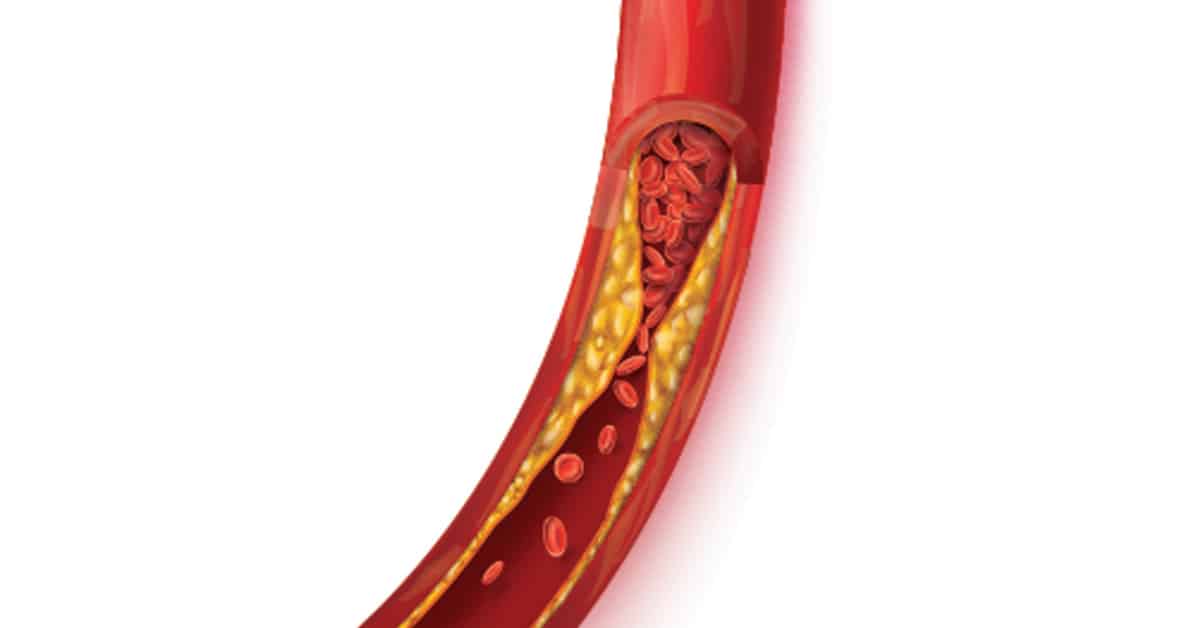March 2015
Kenneth Schwartz, Howard T Chang, Michele Nikolai, Joseph Pernicone, Sherman Rhee, Karl Olson, Peter C Kurniali, Norman G Hord, and Mary Noel
Abstract
Background
Based on the hypothesis that cancer cells may not be able to metabolize ketones as efficiently as normal brain cells, the ketogenic diet (KD) has been proposed as a complementary or alternative therapy for treatment of malignant gliomas.
Case presentation
We report here our experience in treating two glioma patients with an IRB-approved energy-restricted ketogenic diet (ERKD) protocol as monotherapy and review the literature on KD therapy for human glioma patients. An ERKD protocol was used in this pilot clinical study. In addition to the two patients who enrolled in this study, we also reviewed findings from 30 other patients, including 5 patients from case reports, 19 patients from a clinical trial reported by Rieger and 6 patients described by Champ.
A total of 32 glioma patients have been treated using several different KD protocols as adjunctive/complementary therapy. The two patients who enrolled in our ERKD pilot study were monitored with twice daily measurements of blood glucose and ketones and daily weights.
However, both patients showed tumor progression while on the ERKD therapy. Immunohistochemistry reactions showed that their tumors had tissue expression of at least one of the two critical mitochondrial ketolytic enzymes (succinyl CoA: 3-oxoacid CoA transferase, beta-3-hydroxybutyrate dehydrogenase 1). The other 30 glioma patients in the literature were treated with several different KD protocols with varying responses.
Prolonged remissions ranging from more than 5 years to 4 months were reported in the case reports. Only one of these patients was treated using KD as monotherapy. The best responses reported in the more recent patient series were stable disease for approximately 6 weeks. No major side effects due to KD have been reported in any of these patients.
Conclusions
We conclude that 1. KD is safe and without major side effects; 2. ketosis can be induced using customary foods; 3. treatment with KD may be effective in controlling the progression of some gliomas; and 4. further studies are needed to determine factors that influence the effectiveness of KD, whether as a monotherapy, or as adjunctive or supplemental therapy in treating glioma patients.











